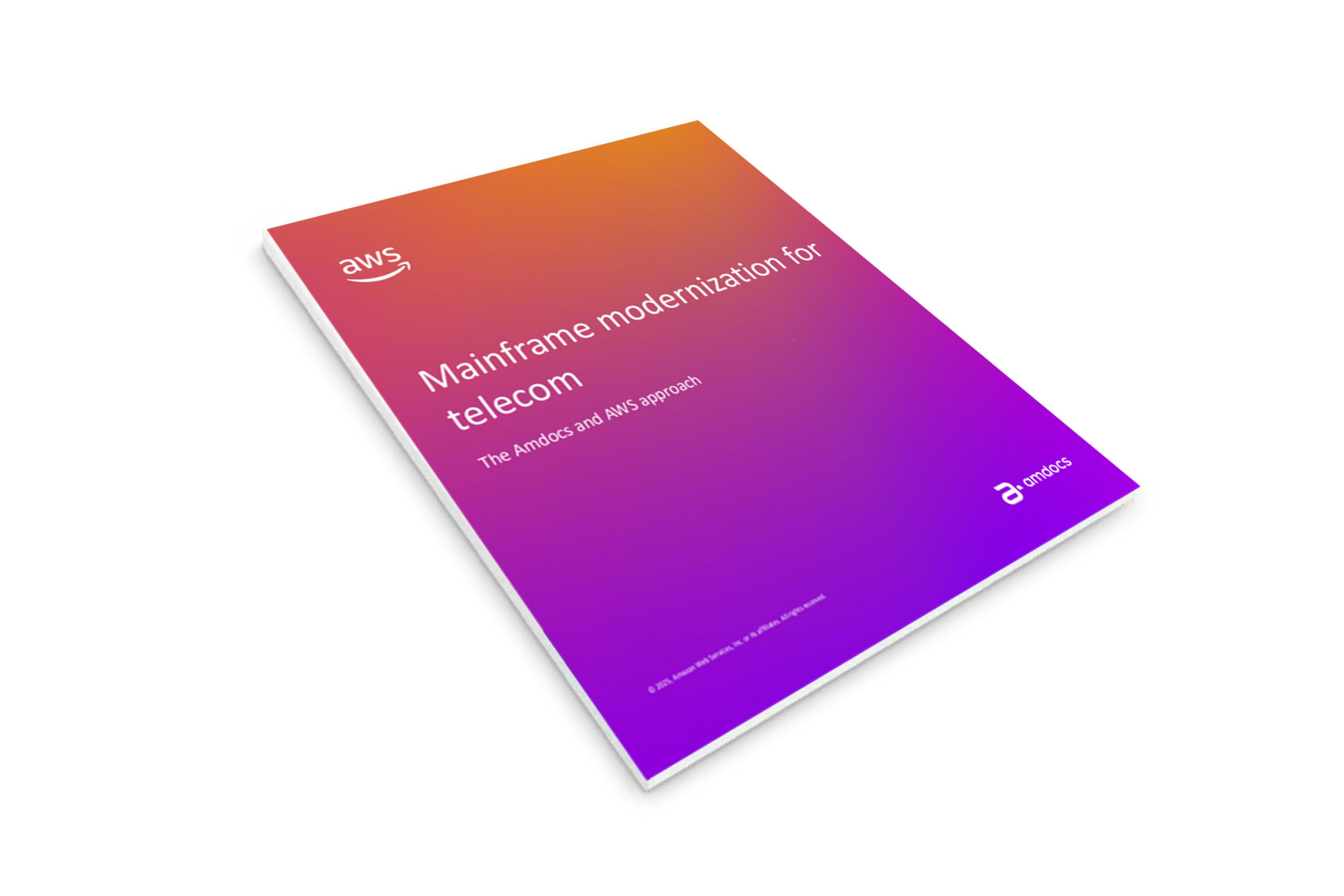Migrating COBOL to C#
This white paper explores the key business drivers for making the step from COBOL to C#, and how our CodeTurn tool makes this transition possible. It explains the added value that Astadia migration offers over other approaches and demystifies the migration process.
For a more extensive documentation on the way COBOL can be transformed into working, maintainable C#, please request our Research Paper here.
Why Migrate from COBOL to C#?
There are many good reasons to make the move to C# from COBOL, but the following are the largest concerns for businesses today:
- High (and rising) maintenance and runtime fees for the existing COBOL products
- Shrinking availability of COBOL developers and lack of interest in COBOL from young developers
- End-of-life scenarios for certain COBOL technologies
- Lack of application extensibility and interoperability with other, non-COBOL applications
C# offers answers to all of the above concerns:
- Support fees are negligible when compared to COBOL.
- C# is among the most widely-used programming languages today, and is a standard part of the IT lesson package of many schools. Documentation of the language, software libraries, and development tools are also widely available.
- C# and .NET are actively being developed by Microsoft and the product and its documentation are publicly available on the Internet (earlier versions were also official ISO/IEC and ECMA standards)
- Interoperability with all Microsoft platforms and technologies is a given and portability to other platforms is being actively developed by Microsoft in the form of .NET Core(3); the Mono(4) project also provides cross-platform capabilities
Next to that, moving to C# also means:
- Enabling the use of state-of-the-art IDEs, with extensive debugging, refactoring, profiling and (unit)testing support
- Enabling the use of thousands of third-party libraries, covering almost all imaginable computing needs: UI development, database interaction, mail/ftp/http/… communication, parsing, xml processing
- Enabling the use of modern application architectures (multi-tier, SOA or micro-service based) and deployment techniques (cloud, docker)
Get a copy of our white paper and contact our team to learn more.
Download the White Paper
Please allow the essential cookies to have access to this form.
White Papers
See all white papers>Let's Talk
Get in touch with our experts and find out how Astadia's range of tools and experience can support your team.
contact us now




